
ISLAMABAD: The United States forcefully presented on Thursday its case for immunity under Geneva Convention for Raymond Davis, the American official accused of double murder in Lahore, but at the same time admitted that Pakistan's Foreign Office did not grant diplomatic status to 'administrative and technical staff' of foreign missions based here.
A diplomatic note was handed over to Foreign Office by the US embassy asking the government to release Davis in accordance with the country's obligations under international law.
The note said Davis was mentioned, in the request for registration with FO, as non-diplomatic staff only to comply with its regulations which do not accept 'technical and administrative' staff of foreign missions as diplomatic staff at the time of issuance of accreditation cards.
The latest edition of Foreign Office's protocol manual (page 18) requires of all foreign missions to designate 'administrative and technical staff' as 'non-diplomatic staff', even though it appears to be a clear deviation from the Vienna Convention's Article 37, which clearly states “members of the administrative and technical staff of the mission… shall enjoy the privileges and immunities”.
“The embassy complied with MFA (Ministry of Foreign Affairs) instructions,” the diplomatic note said, underscoring that this acknowledgement did not compromise his privileges and immunities under Vienna Convention on diplomatic relations of 1961.
This declaration “did not alter Pakistan's obligations to honour Mr Davis's privilege and immunities as an administrative and technical staff member”.
The embassy in its first statement on the Lahore incident had also referred to Davis as a consulate staffer and not a diplomat.
Davis had been notified to Pakistani authorities in January last year as having been assigned to the Islamabad mission as a 'member of the administrative and technical staff'.Although over a year has passed since he was first notified by the US embassy, he hasn't been registered as yet because of what Pakistani officials claim as 'unresolved queries'. The American embassy, nevertheless, insists it hadn't received any reply to its notification in respect of Davis's posting in Pakistan.
Consequently, his status remained undefined. A US embassy official, at a background briefing for Dawn, said the notification by the embassy made Davis eligible for diplomatic immunity and not registration by FO, which he hadn't been given as yet.
The diplomatic note further asked the Pakistan government to shed its ambiguous position on the status of the American official. The government, apparently because of feared consequences both domestic and bilateral, has so far been shying away from determining the status of the accused. Although, government officials in private discussions claim that Davis did not have a diplomatic status, publicly their stance has been that the issue would be decided by courts.
The embassy in its note threw the book at the government and accused it of violating both its international obligations and local laws by keeping Davis detained and not deciding on his status.
It reminded the Pakistan government that its own laws provided the procedure for resolving such contentious issues. Although not said explicitly, it implied that the government needed to first decide for itself whether or not it recognised Davis as a diplomat before courts adjudicated on it.
A reference was made to Pakistan's Diplomatic and Consular Privileges Act of 1972, which states: “If any question arises whether or not any person is entitled to the privilege or immunity under this Act, a certificate issued by or under the authority of the federal government stating any fact relating to the question shall be conclusive evidence of that fact.” And hence the demand that the Foreign Office issue a certificate on his diplomatic status forthwith.
A US diplomat in the background briefing said the US wanted the Pakistan government to decide on the issue one way or the other. “Settling it through the media is ludicrous,” the official added, referring to the intense media debate.
A certification accepting Davis as a diplomat would naturally end the debate and pave way for his release and return to the US, but if the government decided otherwise, the diplomat suggested the matter would be resolved through bilateral negotiations, but wouldn't say if that meant using the leverages that Washington had with Islamabad.


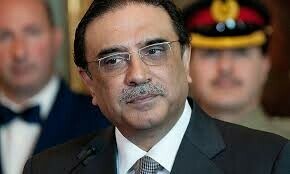
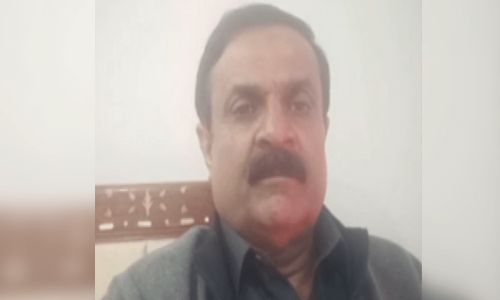












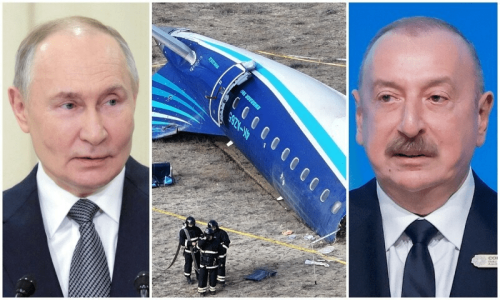
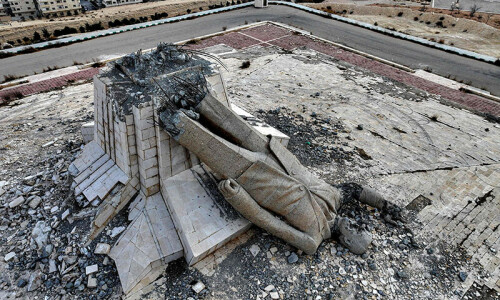
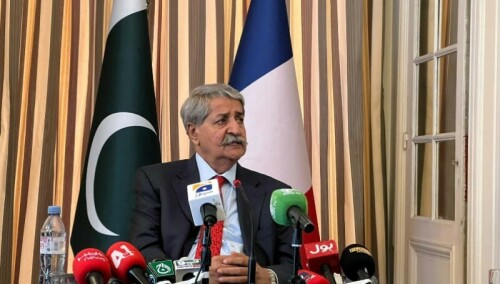


























Dear visitor, the comments section is undergoing an overhaul and will return soon.